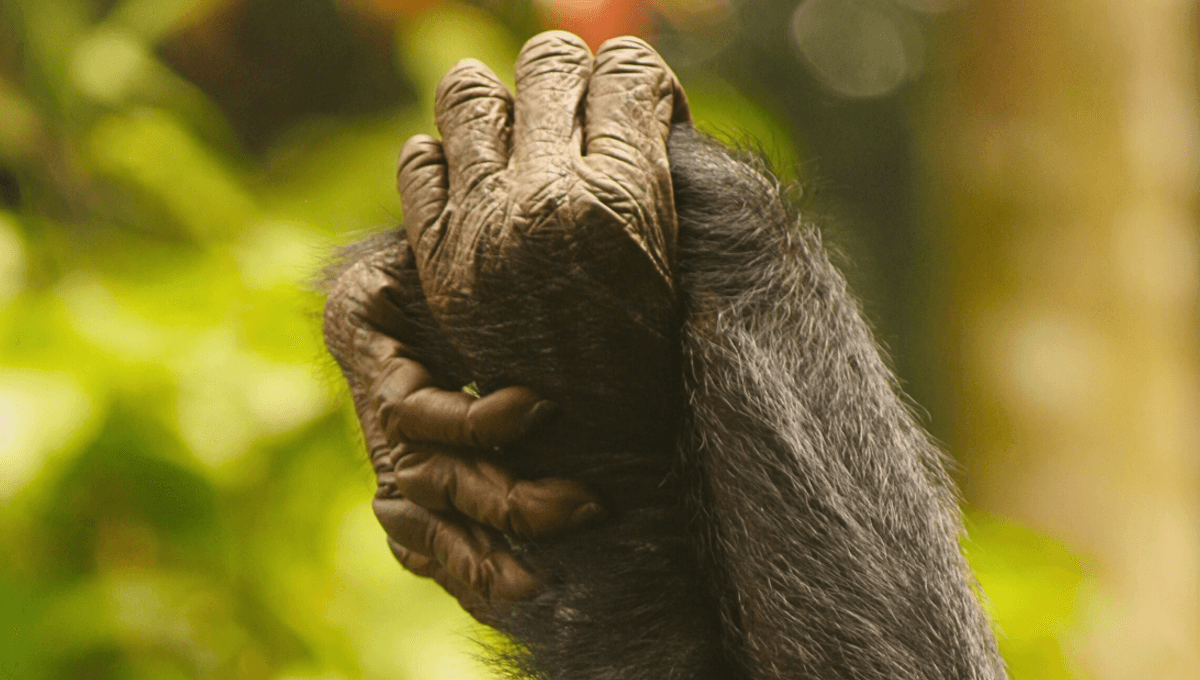
In a groundbreaking study, scientists have found that female bonobos are capable of overturning the traditionally male-dominated power structures common in mammalian societies. The findings mark the first documented case in which female solidarity plays a central role in reshaping social hierarchy within a non-human primate species.
Bonobos, one of the two closest living relatives to humans alongside chimpanzees, are often noted for their unique social behavior, which includes strong bonds between females. Researchers observed that these alliances allow female bonobos to exert considerable influence over group dynamics, often surpassing the dominance typically claimed by males.
The study challenges long-standing assumptions about mammalian social systems, which often favor male dominance. By working together, female bonobos can form a cohesive group that supports each other in social conflicts, defends one another against aggression, and influences group decisions.
“This is the first evidence that female solidarity can invert the male-biased power structure that is typical of many mammal societies,” the researchers stated, emphasizing the significance of social cohesion in determining dominance, rather than just physical strength or aggression.
The research contributes valuable insights into primate behavior and social evolution, shedding light on the mechanisms through which cooperation and social alliances can alter established power dynamics. It also offers a broader perspective on the role of female agency in social structures, potentially informing our understanding of human societal development.
As scientists continue to explore the social systems of bonobos, future research may further uncover the extent to which similar patterns of cooperative behavior influence stability, leadership, and conflict resolution in both animal and human communities.
Source: https:// – Courtesy of the original publisher.






